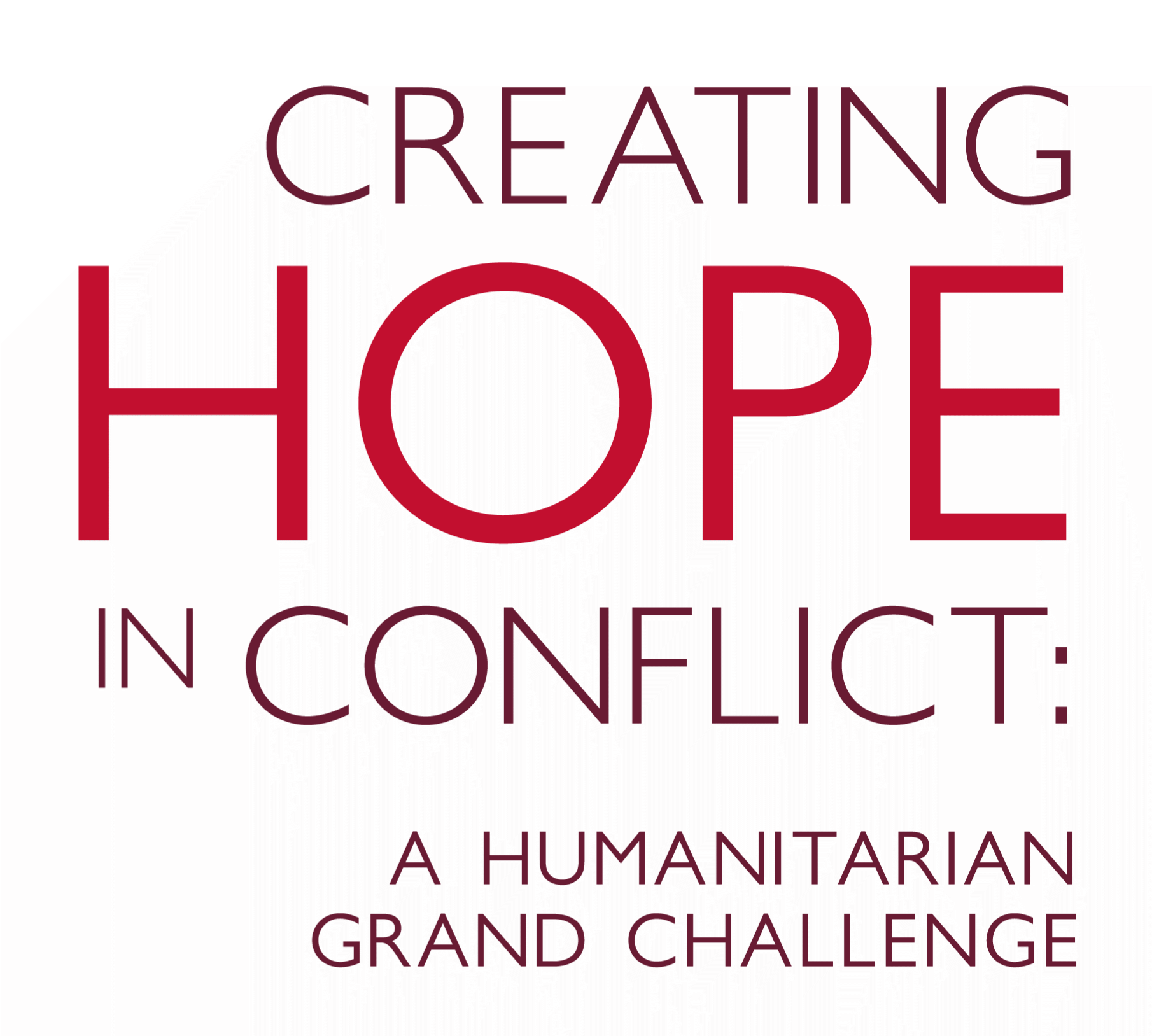
Meet the team of the health center in Sondji, Democratic Republic of the Congo. Iristick, with support from the Humanitarian Grand Challenge and Memisa, is providing midwives in the region with smart glasses to reduce maternal and infant mortality rate. Photo credit: Memisa
The Democratic Republic of the Congo has complex and long-standing humanitarian crises. From ongoing violence to the Ebola outbreak, the country houses over 13 million people that are in dire need of humanitarian assistance. With less than one physician for every 10,000 people in the Democratic Republic of the Congo, and even fewer in conflict affected regions of the country, rural health facilities are left without skilled staff and lack access to essential quality healthcare. This results in high morbidities, such as women and newborns dying during childbirth, and disease epidemics quickly spreading as a result of inaccurate field diagnoses.
In health centers in rural areas in Africa, it is not always easy for a midwife to give the best possible care to pregnant women. Many of these rural health centers lack immediate resources, are often without electricity, and are kilometers away from the nearest hospital with the necessary support and medical supplies for the safest and most efficient healthcare services.
This means that women in labour are more likely to experience complications in rural settings, and the midwives who are helping them through the delivery process have limited access to the life-saving resources they need. This means they – the mother, and her child, are more likely to die in childbirth, or from complications afterwards.
Now, imagine if a remote doctor from a district hospital, could see what you see, as a midwife, guiding you through complex medical procedures, supporting you and providing medical expertise. Imagine how many lives this could save or improve.
Iristick, with the support from the Humanitarian Grand Challenge and in partnership with Memisa, an international non-governmental organization (INGO), are working to provide smart glasses to nurses and midwives in the Democratic Republic of the Congo, connecting the remote medical staff at rural health centers with expertise at a distance. The smart glasses consist of several cameras, a head-mounted display, and sensors to enable the glasses-wearer to operate hands-free and communicate in real-time with a distant expert, who is able to watch the operation in real-time. The smart glasses allow healthcare workers in remote areas and conflict zones to connect, in real time, with medical experts who can assist them with diagnosis, expertise, and guidance.
Here are 3 ways Iristick is fighting against maternal and infant mortality in the Democratic Republic of the Congo:

One of the midwives, Liliane, wearing the Iristick.Z1 smart glasses in the hospital of Sondji. The doctor assists her remotely from the health center in Kingandu. Photo credit: Memisa
- Facilitating Access to Affordable High-Quality Healthcare
Iristick is focused on providing access to affordable high-quality healthcare. The start-up designs and creates smart glasses and remote assistance solutions to support local health care workers in high income as well as low-and-middle-income countries (LMICs). This project in the Democratic Republic of the Congo is specifically focused on providing healthcare in the conflict affected country.
- Supporting Midwives in the Democratic Republic of the Congo
With the support of the Humanitarian Grand Challenge, Iristick is able to support midwives in rural health centers of the Congo. In providing rural healthcare workers with smart glasses, Iristick is bridging a knowledge gap, and enabling remote healthcare workers to tap into an established network of expertise and resources.
- Supporting Rapid Diagnosis & Help with Complex Cases
The remote assistance application of the Iristick smart glasses allows the doctor to see the patient of the midwife and to assist the midwife in real-time. This could be anything from assistance in diagnosis of the patient, reading the outcome of rapid tests, or guiding through complex health issues. This results in better care for the women and their babies, before, during and after delivery.

Dr. Alain is assisting midwife Liliane through remote assistance on his laptop in the General Reference Hospital of the Kingandu Health Zone. Photo credit: Memisa
Iristick’s smart glasses help to connect remote medical staff with centralized medical expertise to ensure that the eyes and ears of healthcare workers in remote areas and conflict zones are available in real time to medical experts who can help diagnose, lend practical experience, or guide with their knowledge. Iristick has the potential to connect isolated, conflict affected medical staff with a distant network of peer support and medical expertise. Funding from the Humanitarian Grand Challenge will enable Iristick to begin training midwives in the Democratic Republic of the Congo on how to use the smart glasses. In parallel, Iristick, with the help of Avanti, a UK satellite provider, and Memisa, will be installing v-stats and solar panels to provide internet access via satellite as well as electricity to the rural health centers.
Watch this space for project updates and developments.
Follow us on Facebook, Twitter, and Instagram.


Iristick is a Humanitarian Grand Challenge supported Innovation.
Creating Hope in Conflict: A Humanitarian Grand Challenge is a partnership of the U.S. Agency for International Development (USAID), the U.K. Department for International Development (DFID), the Ministry of Foreign Affairs of the Netherlands, with support from Grand Challenges Canada.
